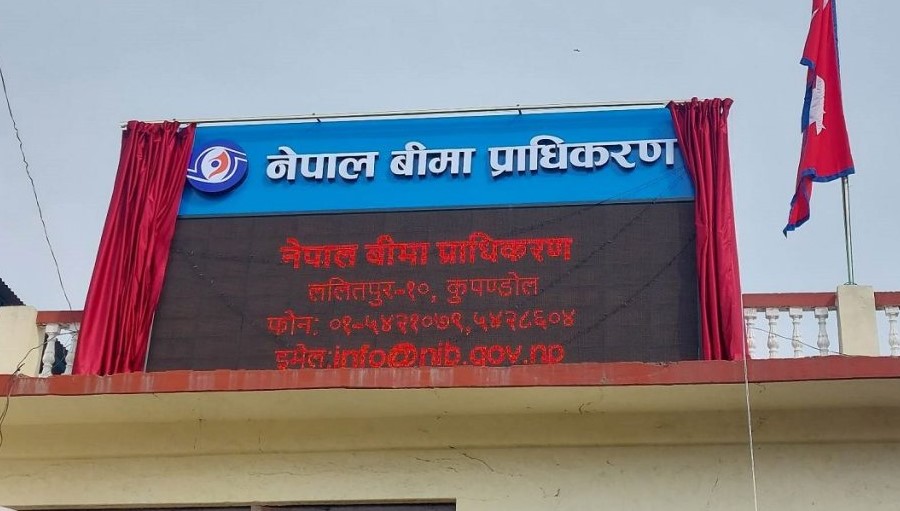KATHMANDU: The government has officially begun the process of selecting a new Chairperson for the Nepal Insurance Authority, inviting applications from eligible candidates. According to a notice published by the Ministry of Finance, interested individuals must submit their applications along with a fee of NPR 7,500 by Mangsir 10. However, the selection process has sparked concerns over its lack of transparency and accountability.
Clause 5(a) of the notice allows the recommendation committee to reject any application without providing reasons, which experts have criticized as a demonstration of authoritarianism and non-transparency. Observers argue that such provisions undermine accountability in selecting a regulatory leader for the insurance sector.
Historical Controversy in Appointments
The controversy surrounding high-level appointments in regulatory bodies is not new. The appointment process for the Chairperson of the Nepal Securities Board previously caused significant political turmoil, leading to the collapse of the government led by Pushpa Kamal Dahal (Prachanda). Even after KP Sharma Oli assumed office, disputes further delayed the appointment by nearly 10 months.
Speaking on the issue, an official from the Ministry of Finance stated that the stricter provisions in this notice aim to prevent past complications. *”Previously, applicants caused significant challenges for the government, leading us to introduce tighter terms in the selection process,”* the official remarked.
Application Requirements
Eligible candidates must submit their applications to the Financial Sector Management and Institution Coordination Division of the Ministry of Finance. The process requires applicants to include four sealed copies of their professional plans, which will be evaluated during the selection process.
Position Vacated Amid Corruption Allegations
The Chairperson position became vacant after the Commission for the Investigation of Abuse of Authority (CIAA) filed a case against former Chairperson Surya Prasad Silwal in the Special Court. Allegations of corruption have plagued the appointment processes of regulatory bodies, including the Nepal Insurance Authority and the Nepal Securities Board. Critics argue that these appointments often reflect political favoritism and fail to ensure professional leadership.
Growing Concerns Over Corruption
There has been widespread criticism of the government for allowing political interference in these appointments, with accusations that ruling parties have used these positions to further corrupt practices. Critics also highlight that appointees in these roles often fail to operate professionally, which undermines the regulatory functions of these institutions.
As the selection process unfolds, the government faces increasing pressure to ensure transparency and merit-based appointments to restore public confidence in regulatory institutions.

